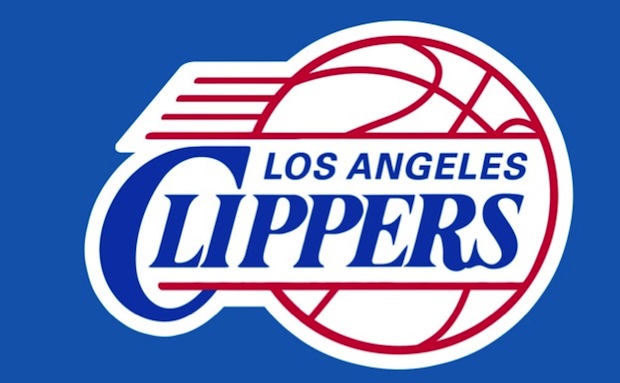Punishment is a funny thing, as anyone who has ever punished someone else, or even themselves, can tell you. The punishment often looks fitting and feels right in that instance, but may take you in some odd or even undesirable places as it gets put into effect. It’s not that I am opposed to punishment per se, but the ongoing story of Donald Sterling and the future of the LA Clippers reminds me of just how weird the consequences of punishment can be. In this case, they may include the larger, and presumably undesirable, lesson that it pays to be a bigot.
With former Microsoft CEO Steve Ballmer offering $2 billion for the team, it’s not hard to imagine Clippers’ owner Donald Sterling laughing all the way to the bank! How Sterling got to this point is very much tied up with the buying frenzy that has ensued since “all decent people” jumped to the conclusion that he must be stripped of the team as quickly as possible. In other words, in the rush to punish the offender, the punishers may actually be rewarding him!
The impulse to punish and penalize, often expressed in a knee-jerk moment of righteous indignation – be it toward Sterling, one of our kids, or ourselves – may be legitimate, but as with this case, also unwise. If it is about anything more than blowing off emotional steam, it pays to slow down and resist that initial temptation, for a more considered response. Certainly that would have helped in the case of Donald Sterling, and I think in most other situations as well, if we are honest with ourselves.
By rushing to strip Sterling of his ownership, and making it a badge of honor to be the next, and more racially sensitive, owner of the team, the price was driven up and Donald makes out like a bandit. Instead, the public, not to mention the potential purchasers, could have simply allowed the advertisers and fans to walk away, have nobody make an offer, and watch the team’s value evaporate.
True, broadcast rights and other issues would still be in play and support the team as having significant value, but nothing like it had when moral outrage against Sterling combined with the idea that taking over the team would be a sign, not only of good business, but a badge of great citizenship and moral decency. Once that happened, Sterling was looking at the payday of his lifetime.
People are funny, and the punishment reflex is often even funnier. Frankly, how much Steve Ballmer pays Donald Sterling for the Clippers will not make much difference in any of our lives, but managing that punishment reflex – and we all have it – really can.

Listed for many years in Newsweek as one of America’s “50 Most Influential Rabbis” and recognized as one of our nation’s leading “Preachers and Teachers,” by Beliefnet.com, Rabbi Brad Hirschfield serves as the President of Clal–The National Jewish Center for Learning and Leadership, a training institute, think tank, and resource center nurturing religious and intellectual pluralism within the Jewish community, and the wider world, preparing people to meet the biggest challenges we face in our increasingly polarized world.
An ordained Orthodox rabbi who studied for his PhD and taught at The Jewish Theological Seminary, he has also taught the University of Pennsylvania, where he directs an ongoing seminar, and American Jewish University. Rabbi Brad regularly teaches and consults for the US Army and United States Department of Defense, religious organizations — Jewish and Christian — including United Seminary (Methodist), Yeshivat Chovevei Torah (Modern Orthodox) Luther Seminary (Lutheran), and The Jewish Theological Seminary (Conservative) — civic organizations including No Labels, Odyssey Impact, and The Aspen Institute, numerous Jewish Federations, and a variety of communal and family foundations.
Hirschfield is the author and editor of numerous books, including You Don’t Have To Be Wrong For Me To Be Right: Finding Faith Without Fanaticism, writes a column for Religion News Service, and appears regularly on TV and radio in outlets ranging from The Washington Post to Fox News Channel. He is also the founder of the Stand and See Fellowship, which brings hundreds of Christian religious leaders to Israel, preparing them to address the increasing polarization around Middle East issues — and really all currently polarizing issues at home and abroad — with six words, “It’s more complicated than we know.”

